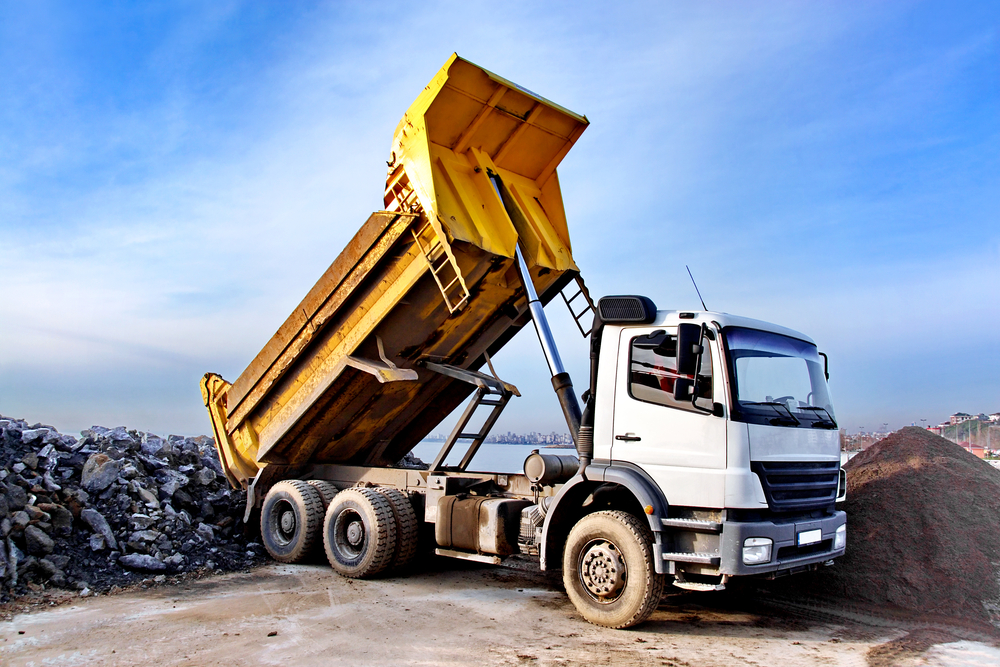Can you be certain that the people working on construction sites, delivering goods, fixing roads and doing other work on behalf of your town or city are sober and safe?
Not always. Often, municipalities don’t verify whether the companies they are doing business with comply with regulations requiring random drug testing.
When municipalities accept bids for jobs, any contract routinely includes language asking the bidder to certify that they will abide by all local, state, and federal laws. Without specific cause, however, municipalities typically don’t investigate further. So, it’s hardly surprising that some businesses, especially smaller, local companies don’t follow or know all regulations that apply to them.
A section of the law that is frequently overlooked is the Department of Transportation’s (DOT) rule, 49 CFR Part 40 and Part 382 of the Federal Motor Carriers Safety Administration, which requires that all employers of commercial drivers have a random drug and alcohol screening program that meets the requirements outlined in the regulations.
Why is this important?
The consequences are significant. Drug testing is a powerful deterrent to workplace drug use and provides employers with the tools they need to ensure a drug-free workplace.
Research shows workforce substance use has been on the rise in recent years. According to Quest Diagnostics, which analyzed 10 million workforce urine test results, “the percentage of employees in the general U.S. workforce testing positive for marijuana following an on-the-job accident increased to its highest level in 25 years in 2022.”
At the same time, the combined U.S. workforce urine drug positivity for all drugs reached the highest level in two decades in 2021 and 2022. “While marijuana was the main driver of workforce positivity increases in the general U.S. workforce, amphetamines positivity also contributed to the increase. Positivity for marijuana in the general U.S. workforce increased 10.3% (4.3% positivity in 2022 versus 3.9% positivity in 2021) and amphetamines positivity increased 15.4% (1.5% positivity in 2022 versus 1.3% positivity in 2021).
These numbers are alarming not only because they reflect use in workplaces that do have testing (indicating that actual use may be much higher) but also because use has a direct impact on safety. The U.S. Department of Labor has reported that drug and alcohol abuse in the workplace causes 65 percent of on-the-job accidents and that 38 to 50 percent of all workers’ compensation claims are related to the abuse of alcohol or drugs in the workplace.
Certainly, this is a level of risk no municipality wants to enable. Forcing businesses that partner with a town or city to follow drug screening laws can help to make sure that those taking the wheel for the community are drug-free. For several years, TSS has worked with towns and cities to raise awareness about working only with employers of commercial drivers who are in compliance with federal drug testing regulations. One strategy has been to encourage these municipalities to add language to their Requests for Proposals (RFPS) requiring bidders to submit proof of compliance with federally mandated drug and alcohol screening requirements in addition to their business license and other documentation that is usually included.

